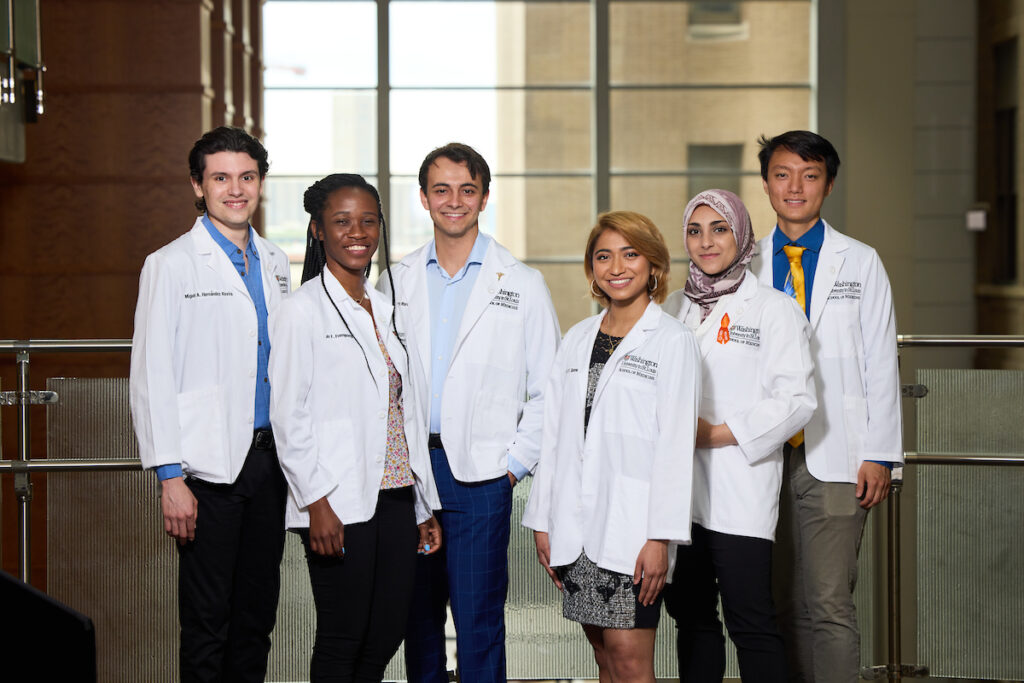
Washington University Roy Vagelos MSTP: Equity, and Inclusion are not simply words we say, it’s who we are, what we believe in, and what we do.
Rakiyah “Rocky” Talavedra, MSTP Coordinator, Community Engagement
Our program believes that cultural competence and engagement enhance innovation by enriching the depth and variety of thought and perspectives which stimulate creativity and discovery.
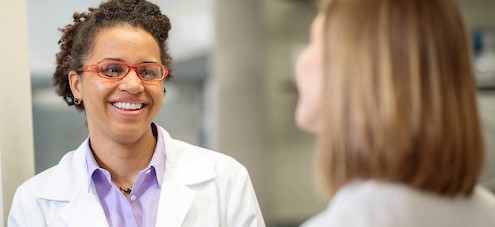
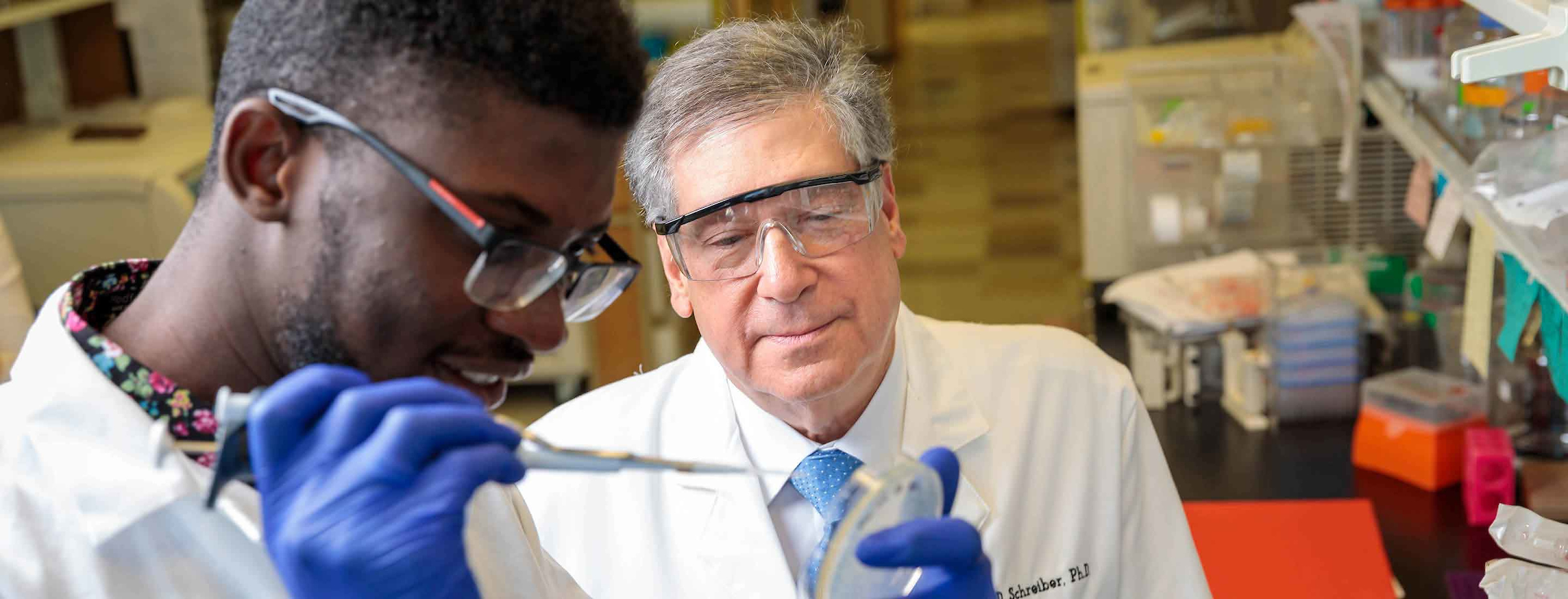
By fostering a welcoming culture where everyone is valued and respected and working collaboratively within our strong, close-knit community, we encourage our trainees to bring their unique experiences and identities to their lab and clinical environments.
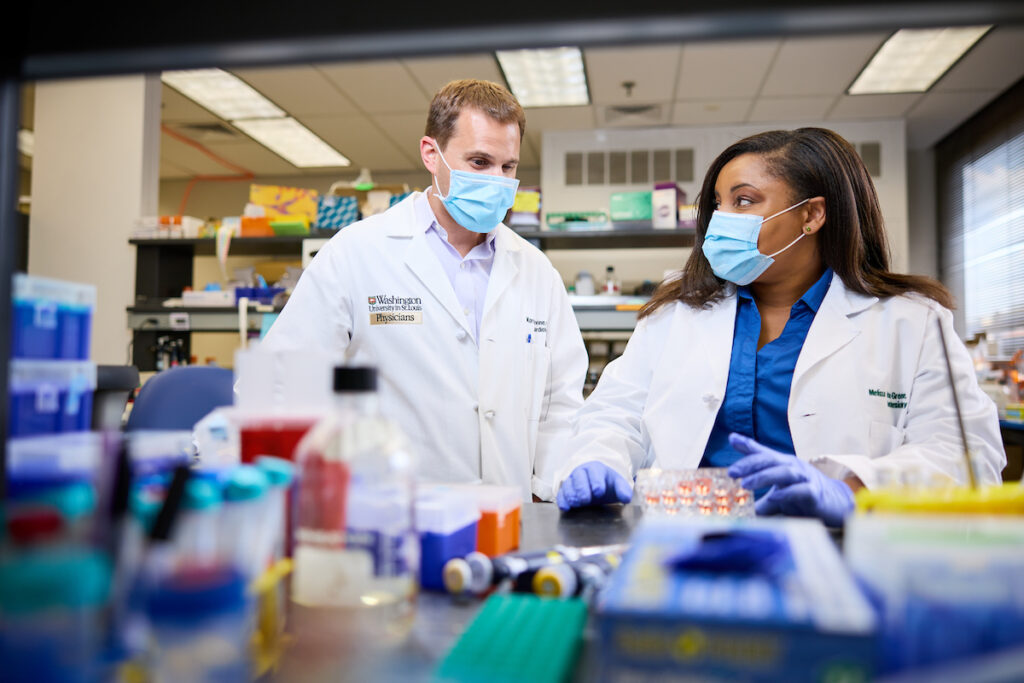
Developing An Inclusive Culture
At WashU Medicine, we are committed to fostering an inclusive culture where every member of our community feels valued and respected. Our dedication to inclusive excellence is embedded in every aspect of our work, from patient care to research and education.
Learning the Fundamentals of Inclusive Excellence
To support our mission, WashU Medicine offers a comprehensive program for faculty and staff, aimed at teaching the fundamentals of Inclusive Excellence. Our program emphasizes creating a supportive and welcoming environment where diverse perspectives are celebrated. Employees are encouraged to attend open sessions, which are held every other month. These sessions provide valuable insights and practical tools for promoting inclusivity in our classrooms and workspaces.
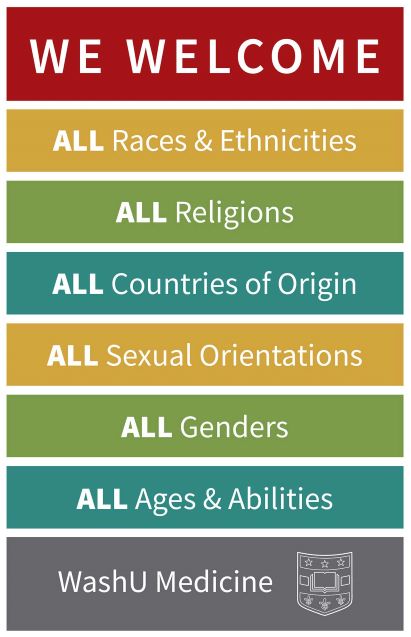
Our Continued Commitment to Inclusive Excellence
- The work of creating an inclusive culture is on-going and takes intentional action. Some of the ways we facilitate this is utilizing the following programs:
- The Equity-Centered Culture Change curriculum is a professional development program covering concepts related to addressing differential health outcomes and fostering health equity in the communities we serve. Tailored to the participant’s role and responsibilities, this curriculum is a deeper dive into the ways we can promote culture change to achieve health equity.
- The Equity Champions program institutes department-supported faculty and staff positions to help facilitate the implementation of the Equity Centered Culture Change curriculum. The faculty and staff in these roles receive professional development to support their competency in leading discussions and training around equity and culture change within their departments. Champions serve a minimum two-year term, with the potential to be invited to continue.
Empowering Connections
Physician-scientist trainees are encouraged to embrace their creative pursuits and meaningful endeavors. With over 60 student established groups ranging from community service to professional development, to pure fun, students are seen not as a number but a vital part of campus life.
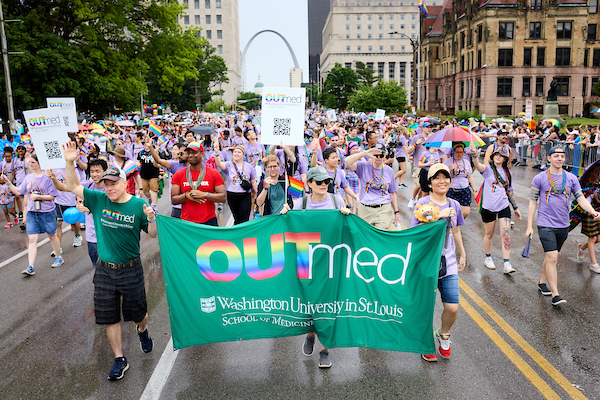
Next Generation of Science Scholars
The Next Generation Science Scholars (NGSS) program – Graduate Division is open to all STEM PhD students and post-baccalaureates at WashU. Its mission is to provide a supportive community through networking events, scientific outreach and engagement with surrounding communities, and near-peer mentoring for research-focused WashU undergraduates from first-generation and low-income backgrounds.
Working with various student groups, the NGSS Graduate Division organizes networking and community-building events, professional development seminars, and scientific community outreach initiatives. Additional opportunities are available for informal advising and training in scientific presentation.
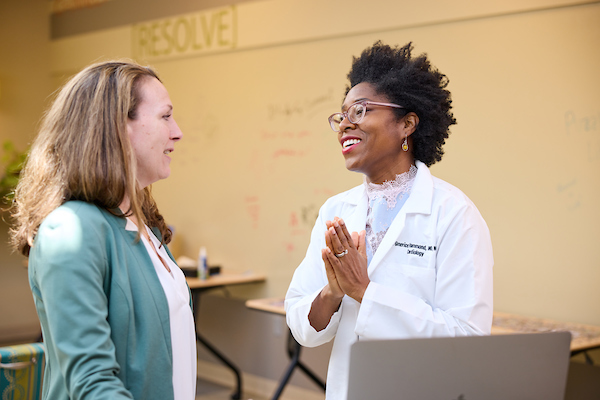
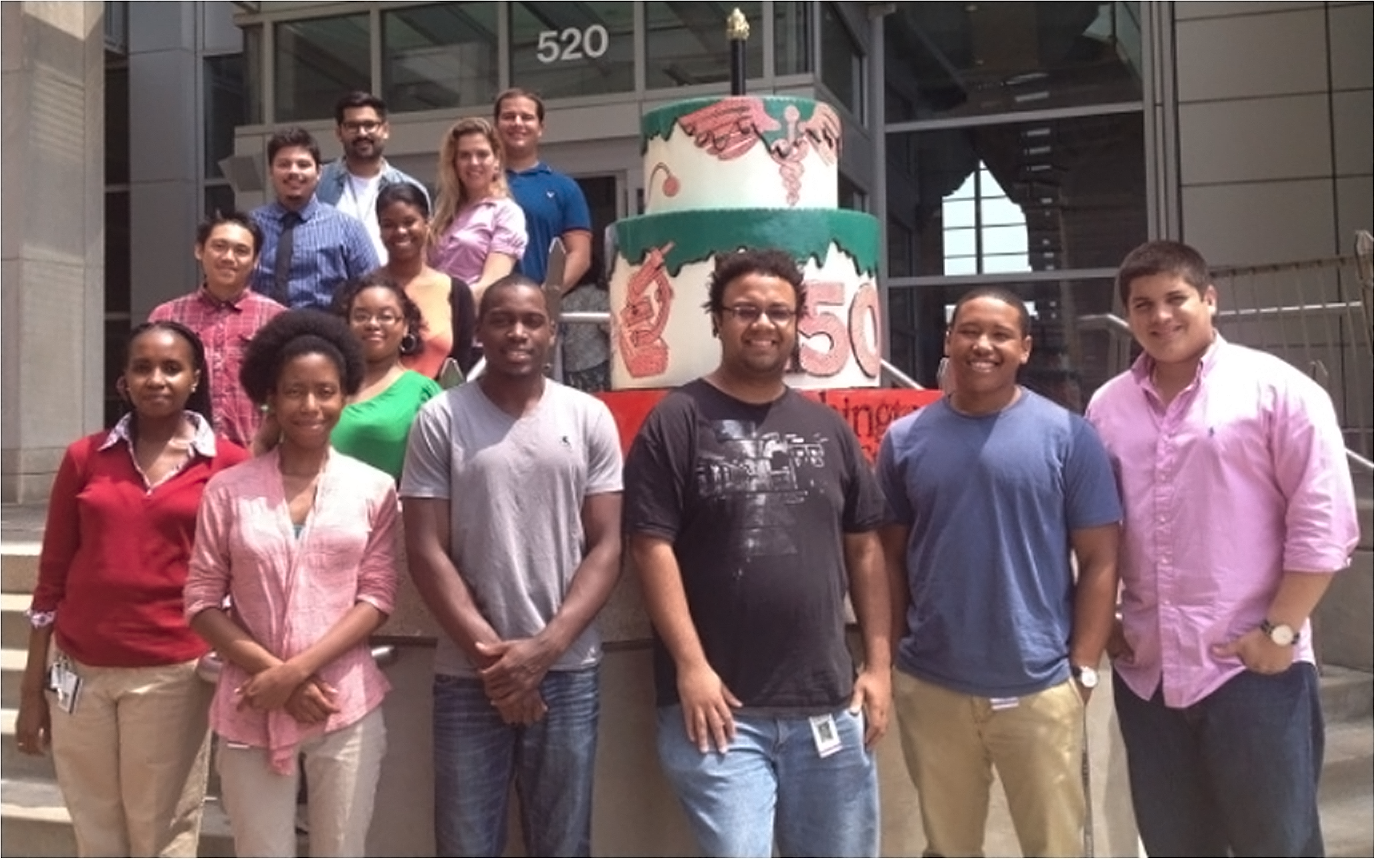
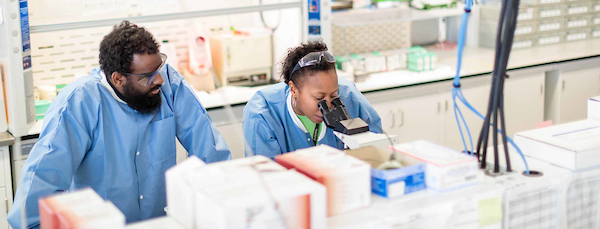
Resources for Students
- Washington University School of Medicine Diversity, Equity, and Inclusion Website
- Medical School Student Groups
- Next Generation of Science Scholars
Community and Student Engagement
Academic pathway programs are a critical part of our blueprint for equity and inclusion. Some of the programs that trainees are currently involved with are the Young Scientist Program and the MSTP ACCESS Summer Research Program.
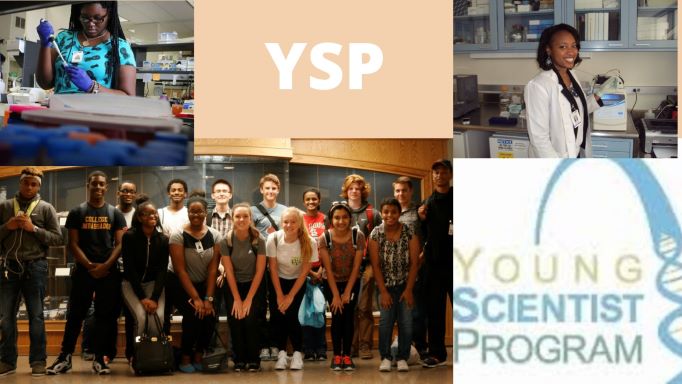
The Young Scientist Program exists to promote science literacy among students in grades K-12; it is a direct community engagement initiative that WashU MSTP students started over 30 years ago. The program encourages the pursuit of careers in STEM by introducing participants to areas of scientific study and providing reliable personal and academic mentorship.
CONTACT: GRACE UWASE, MSTP STUDENT & YSP MENTORSHIP DIRECTOR
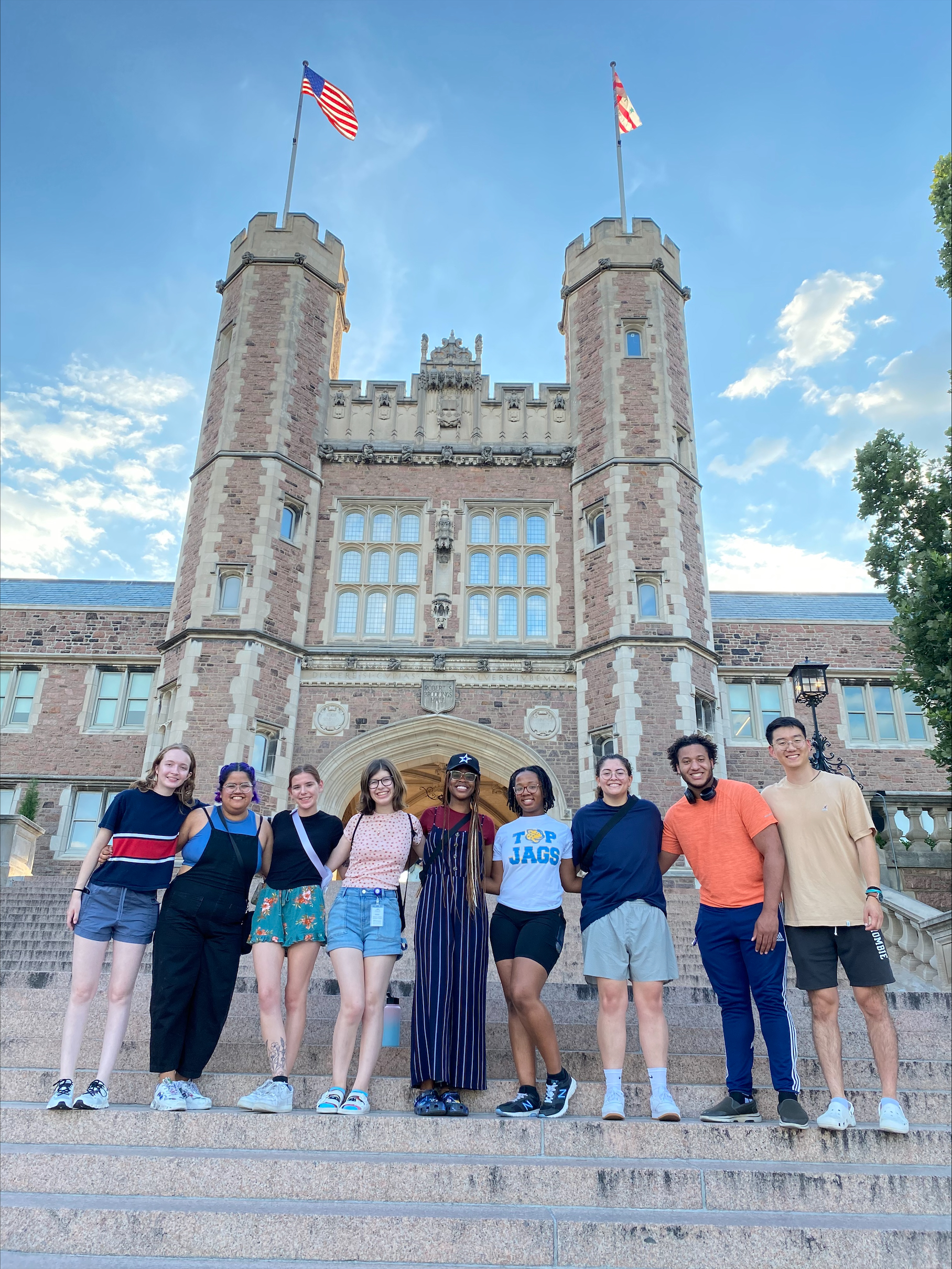
The MSTP ACCESS Research Scholars Program aims to combat the decline in the physician-scientist workforce by expanding the pool of applicants applying to MD/PhD programs.
MSTP ACCESS primarily recruits undergraduates from institutions classified as Carnegie R2 and below. The primary goal of ACCESS is to provide scholars:
- Exposure to physician-scientist career paths
- Insight into the MSTP (MD/PhD) application process
- Access to ongoing mentorship is available to students with limited research opportunities at their home institution (significant research experience is not required).
CONTACT: ILANA OLIN, SARAH SCHURR, WENDY DONG, KATE WARDENBURG; MSTP STUDENTS AND MSTP ACCESS STEERING COMMITTEE MEMBERS
“Inclusion and belonging are not just about opening doors, but about ensuring that everyone feels welcome, valued, and empowered to contribute their unique perspectives to our shared mission of advancing medical science.”
Wayne Yokoyama, M.D.
Director, Roy Vagelos Medical Scientist Training Program
Sam and Audrey Loew Levin Professor of Medicine, Pathology and Immunology